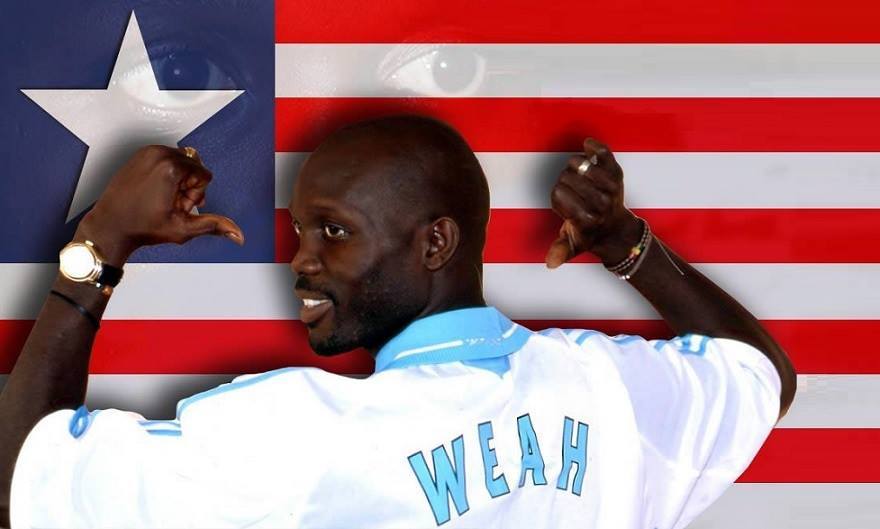From Muscular Christianity to Presidency
The election of George Weah as Liberia’s President marks not just the fulfilment of Weah’s ambition but it denotes the rise of football labour in Africa from small beginnings over a century ago to a seat of wide notoriety.
Football and those who labor in the fields playing the game had not exactly represented nobility nor have they often provided examples for those seeking to rise to elite status.
Yet, for the short careers that they have playing the ball, they garner widespread popularity that keep their names on the lips of thousands and millions at least until they disappear into the dungeons of the forgotten, panhandlers, and perhaps the perennial ill.
Football in Africa, arriving in late 19th century, was not associated with either elitism or nobility. However, it had a place of novelty that attracted the youth. It was this attraction that both Christianity and Islam exploited, at the time, to convert many using football for what became the practice of Muscular Christianity and Muscular Islam.
But as many of those youths would discover, neither the Church nor the Mosque, saw the game as a career path. It was merely a tool to bring them in and to convert them. But the beauty of football assured its popularity outside those strictures. It became food for the masses and some would later dabble into calling it a religion onto itself. Of course, that could be heresy or arguable, depending on your persuasion.
The fact is that its popularity assured the notoriety of the youth and men who played it. Their labour was also remunerated, no matter how little, as long as they were healthy, fit, and young. They are usually adored. Yet, the ageing process marked them for a period of neglect, despise, and pain.
Not only did many retire poor, ill, and forgotten but their life struggles are so sad that the oft-narrated scapegoating of the state became frequent. For some reason, their labour as youth is associated with being the charge of the state and the lack of adequately pensioned labour became the blame of the state.
The professionalisation of the game and access to European migration has now largely transformed that sad state of football labour. George Oppong Weah, the kid from the slum of Clara Town in Liberia could well have been poor and forgotten after his labour at Mighty Barolle in Liberia.
After all, he had very little education and even with that he may not have been saved. However, his migration to the likes of Monaco in France and later to AC Milan in Italy has brought untold riches that football is unable to provide in Liberia or Africa. It is those riches that not only have transformed Weah from poverty to elitism but it is transforming Africa’s football labour.
Weah’s final ascendancy to Liberian Presidency is a milestone for football labor. Football labor has finally arrived at the door of respect, elitism, and the Presidency. It is a milestone that should not be forgotten. It marks a remarkable transformation for football labour.














